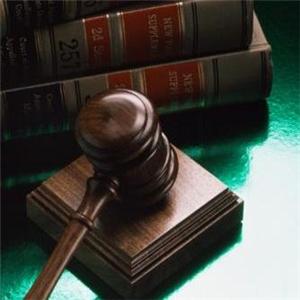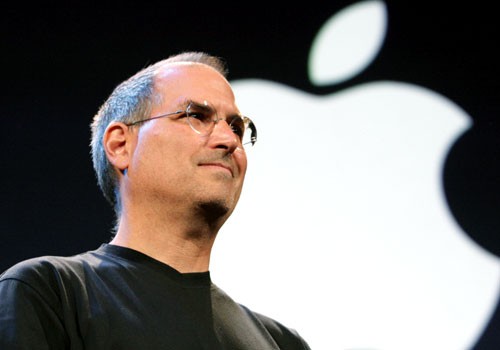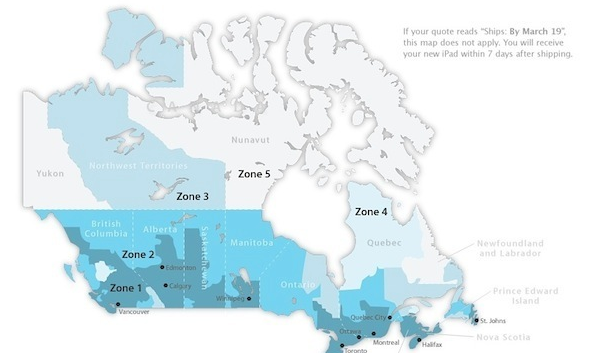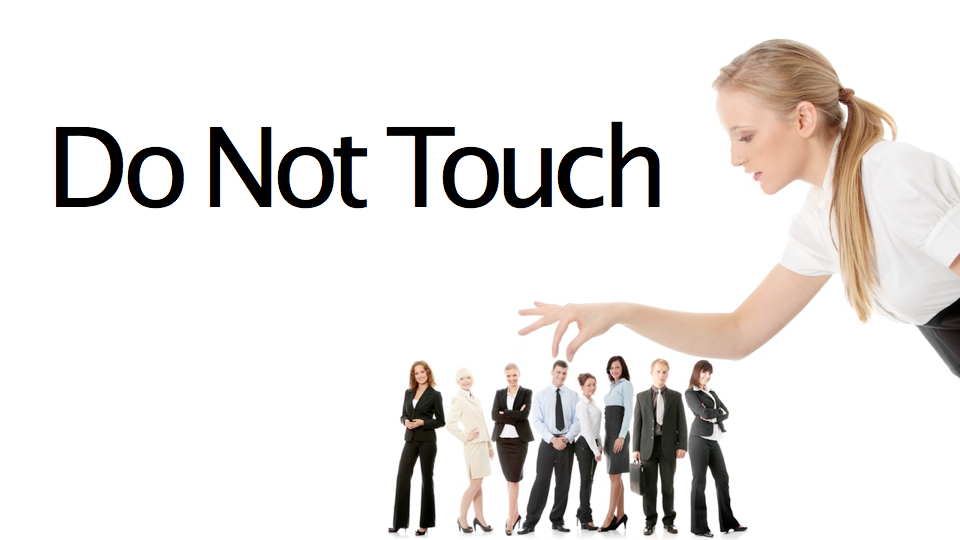Apple in court: iPhone data collection, Samsung/iPad patent case, & double iTunes billing

When we reported on Apple’s courtroom woes in March, we told you lawmakers were sending letters to iOS devs (Apple included) and questioning them on their privacy policies about how apps access contact data without explicit user permission. Despite promises, Apple has yet to carry out an update requiring apps to ask for user-approval, but an earlier case over the collection of user data has been given the green light by U.S. District Judge Lucy Koh in California. Reuters reported the lawyers representing customers in the case claimed in court today that Apple “collected data on customers’ geographical locations even after users said they didn’t want to share the information.” The judge is asking Apple to submit relevant documents to the plaintiffs by May 17.
In other courtroom news, ComputerWorld reported this week that Judge Koh ordered Apple and Samsung to “streamline” its patent claims ahead of a trial set for July 30. According to the report, the companies have already cut back the claims included in the case to 37 products, 16 patents, six trademark, five trade dress claims, and an antitrust suit, but Judge Koh said the extent of the case is “cruel and unusual punishment to a jury.” If Apple and Samsung do not agree to reduce the set of claims, the trial could be postponed until next year. The news comes after the companies agreed with Koh to have their CEOs meet for settlement talks related to the patent cases on May 21-22.
Justia.com reported this week that Apple is facing a class-action lawsuit over claims that iTunes is continually double billing a customer for downloads of a song. Apple apparently refuses to refund some customers for these double billing incidents, citing its Terms of Service. A copy of the lawsuit and more information on the class action is here.

 According to
According to 



